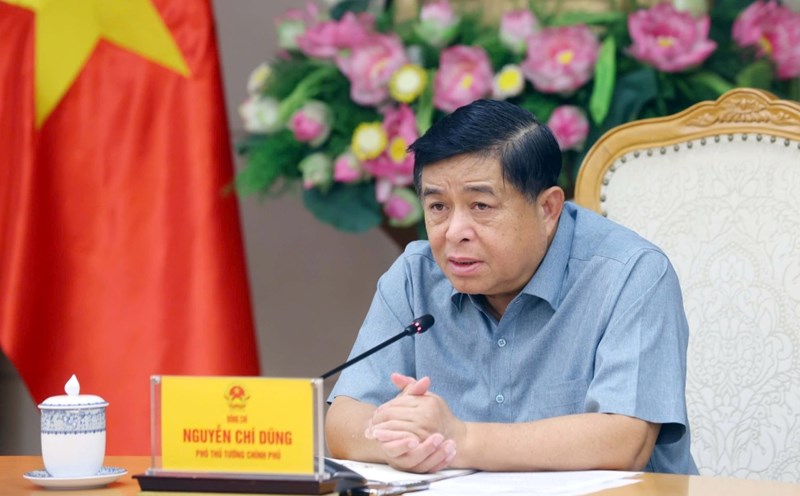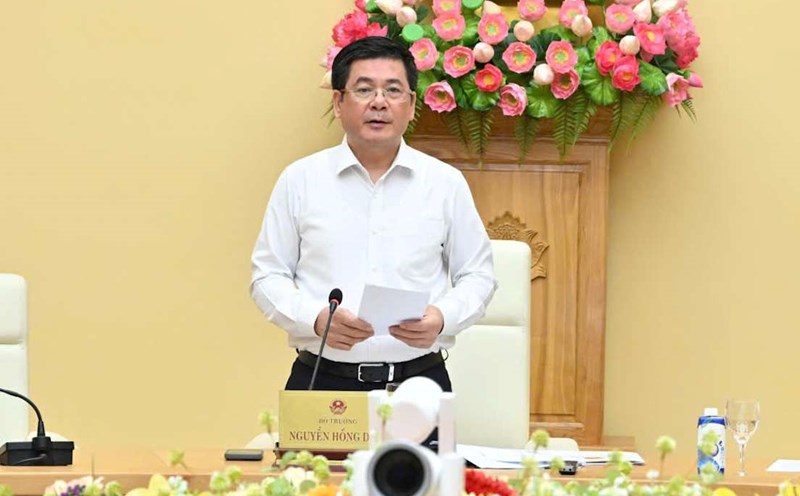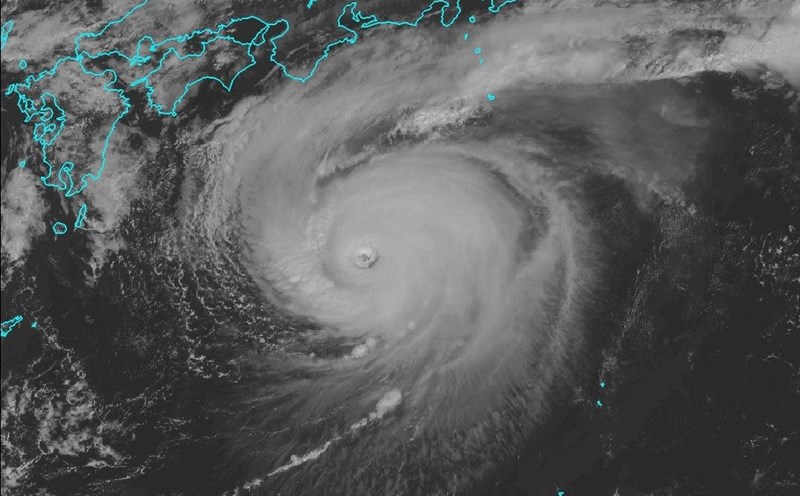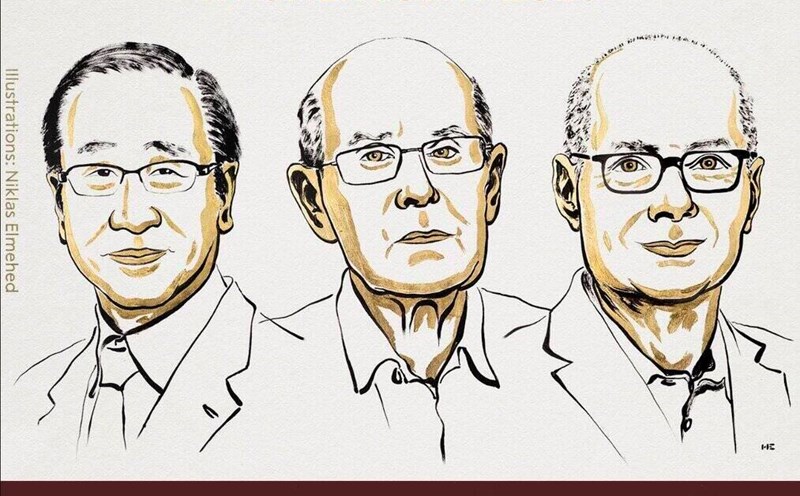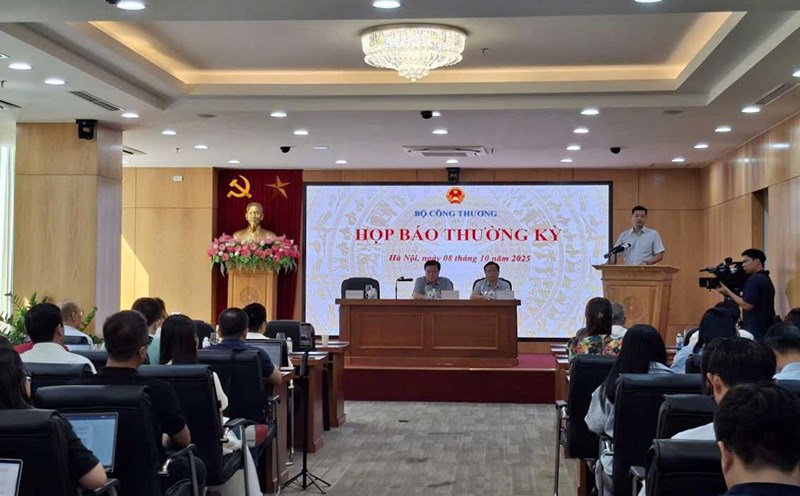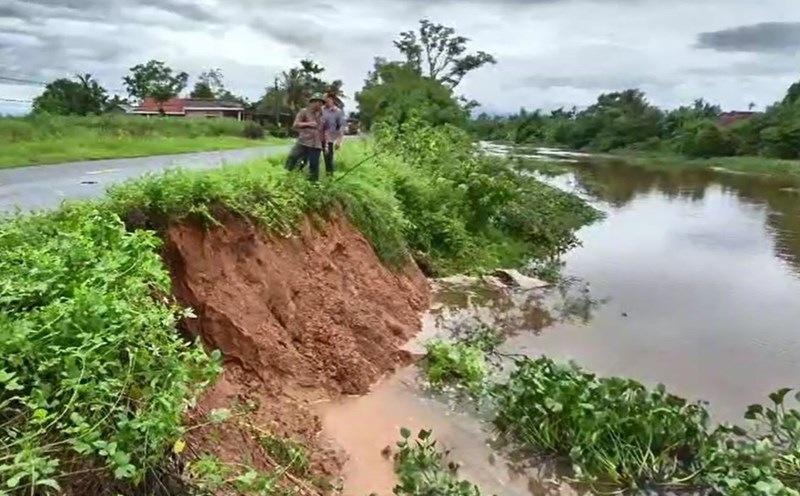Finding an open road for clean electricity
Resolution 70 on ensuring national energy security until 2030, with a vision to 2045, clearly states that energy development must be consistent with market economic institutions in the direction of developing a synchronous, competitive, transparent energy market, eliminating cross-subsidy mechanisms, adjusting energy prices according to markets under state management.
This issue was also clearly stated at the Seminar: "Finding an open way for clean electricity - Untaking policy bottlenecks, unblocking energy" organized by Construction Newspaper on the afternoon of October 8.
Mr. Ha Dang Son - Director of the Center for Energy Research and Green Growth said that compared to Resolution 55, Resolution 70 is a big breakthrough, with a better view and approach to the electricity industry, clarifying the market nature and electricity prices.
"I see that Resolution 70 has been clearly studied for a long time, through lessons learned and practical implementation. Resolution 70 has reviewed the difficulties and challenges of the electricity industry, bringing the regulations into life closely.
In fact, before that, the parties had difficulty asking for a special mechanism for electricity, and there was a gap between legal documents. The spirit of Resolution 70 has stated that with special requirements, special projects will have special mechanisms. Thus, the Resolution has helped unlock the mechanism, and can provide clearer specific mechanisms for the project.
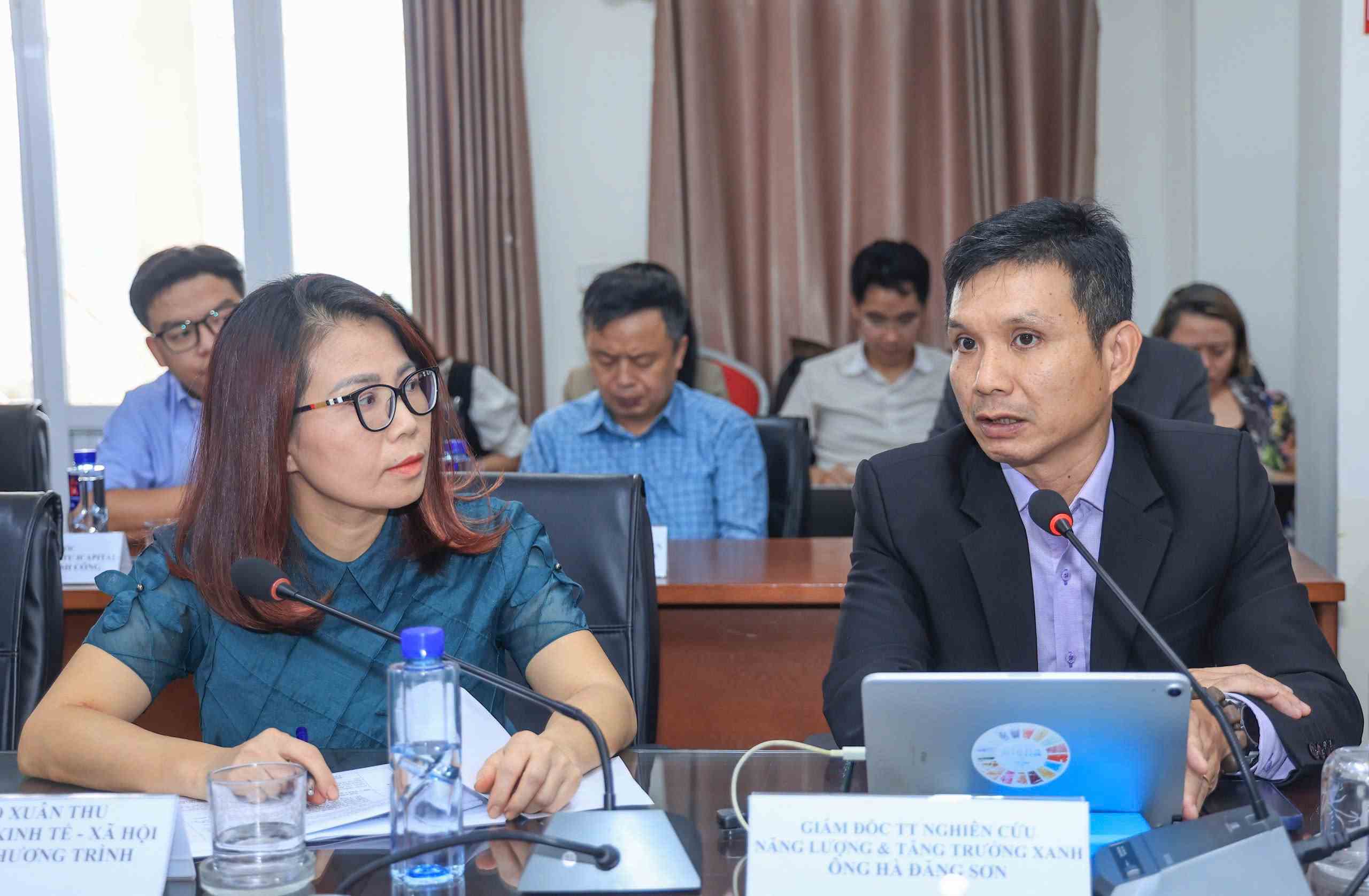
At the same time, many typical agencies and organizations such as the Ministry of Industry and Trade, EVN Power Group or even investors are still facing difficulties, and the "roundabout" here is electricity prices. Resolution 70 is a strong and mandatory requirement to reform electricity prices and build a mechanism to facilitate private investment.
"The Electricity Law is being amended, the parties will continue to propose solutions. I believe that in the coming period, the regulations will be removed in terms of prices, in the long term, the electricity market will be reflected more accurately", Mr. Son shared.
At the seminar, Mr. Dang Quoc Bao - Deputy General Director of Trungnam Group expressed his regret and lessons learned when participating in investment in the renewable energy sector in recent times.
According to him, in 2021, the total investment capital in the industry was 15-20 billion USD, then for the past 3 years, we have not been able to maintain that investment level.
"It can be said that the efforts that we have all tried to stop have disappointed the people in the electricity industry quite a bit. Therefore, we hope that in the coming period, the State will have stable and truly sustainable policies so that investors have confidence," said Mr. Bao.
Mr. Nguyen Duy Giang - Deputy General Director of the Vietnam Oil and Gas Power Corporation (PV Power) said that the most worrying thing for renewable energy investors today is the policy. Although the State has amended regulations in recent times, there are still many things that investors are concerned about.
Mr. Giang said that the VIII power Scheme and the amendment of regulations to promote the development of energy sources are still not attractive enough for investors. Moreover, the regulation that imported LNG gas projects are guaranteed at least 65% of annual output, up to 10 years, in fact not in accordance with international practices on LNG.
More than 170 renewable energy projects are waiting to be resolved
Mr. Tran Hoai Trang - Deputy Director of the Electricity Department, Ministry of Industry and Trade said that as of September 2025, the total electricity consumption nationwide was about 241.5 billion kWh, an increase of 3.4% over the same period in 2024, but still much lower than the plan approved by the Ministry of Industry and Trade. To date, the output has only reached nearly 70% of the 2025 plan.
In particular, on August 4, the system recorded the highest electricity consumption output of about 1.084 billion kWh, up 6.3% over the same period last year, with a maximum capacity of 54,370 MW, up 11% compared to the highest increase in 2024.
Assessing that our power system is still operating stably, providing enough electricity for social production and people's daily life, but according to Mr. Trang, there are still many challenges facing the electricity industry in the coming time.
In particular, legal regulations in environmental investment and construction also have many shortcomings and overlaps. We need to strengthen the development of legal documents, create a legal corridor so that the laws and regulations of the sectors are synchronous and smooth, without conflicts to speed up the investment progress of power projects.
Currently, there are still some problems, including more than 170 renewable energy projects. To comprehensively resolve this issue, the Government has recently issued a resolution to support businesses.
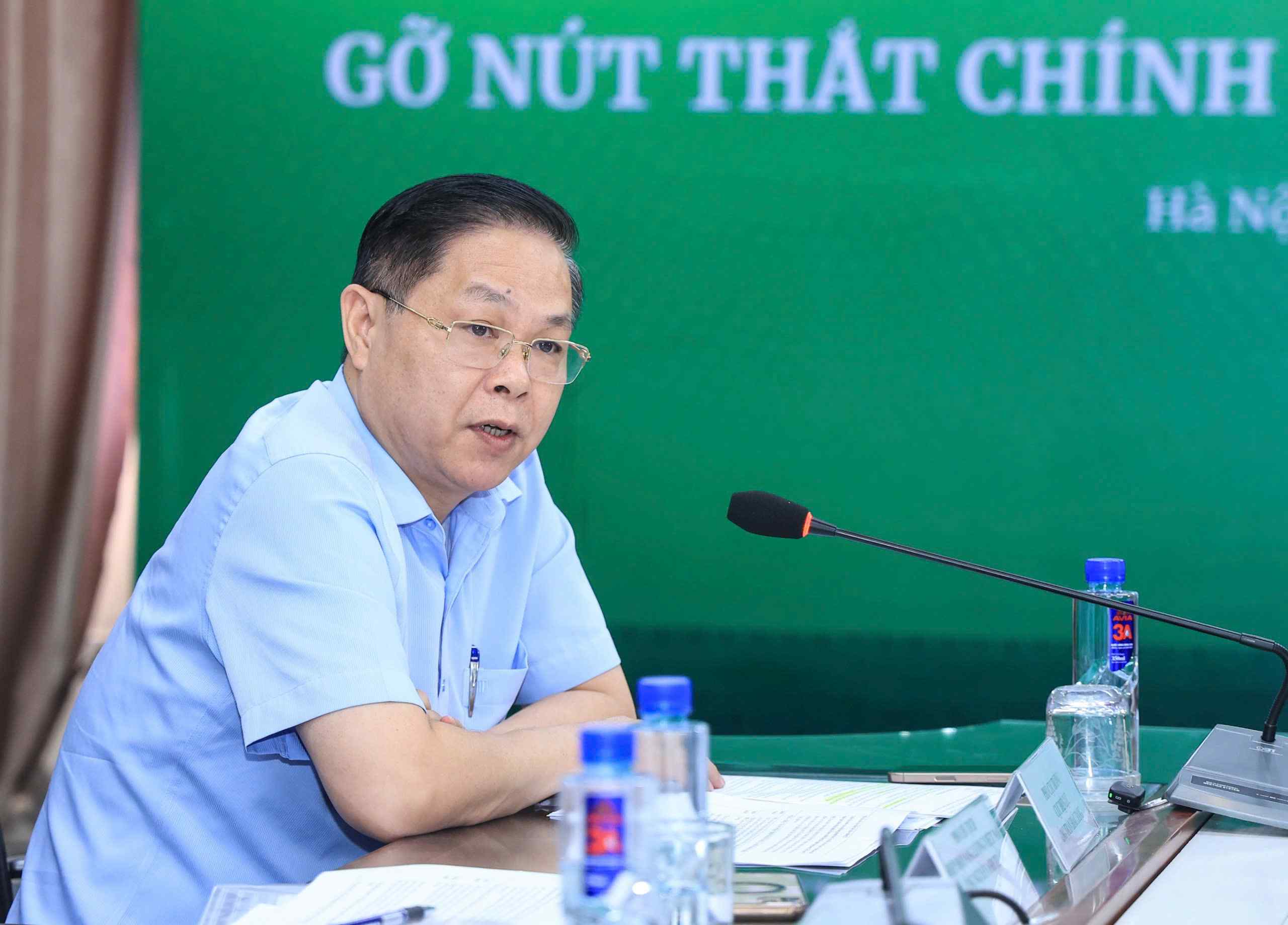
Regarding new renewable energy sources and projects under development, the Ministry of Industry and Trade is advising the Government on Decree 57 on direct power sale mechanisms, Decree 58 on the development of renewable energy sources, wind power, offshore power, etc.
In addition to issuing decrees and circulars guiding the price framework, the Ministry of Industry and Trade is continuing to direct Resolution 70 to consult and amend legal problems to synchronously implement price framework regulations.
It is expected that by 2025, policy mechanisms will be issued by the Government and the National Assembly, to ensure a smooth legal corridor. The Ministry of Industry and Trade is developing a financial and technical support mechanism, loans for households that need to develop rooftop solar power, self-produced, self-consumed.
It is expected that from 2030, 14 million households will use solar power with a capacity of 3-5 kW per household, accounting for 16% of the total capacity of the system.
"This large source of energy will bring many benefits, reduce monthly electricity bills, not have to build a power transmission and distribution system to rural areas, reduce the State's investment pressure on power sources," said Mr. Trang.

